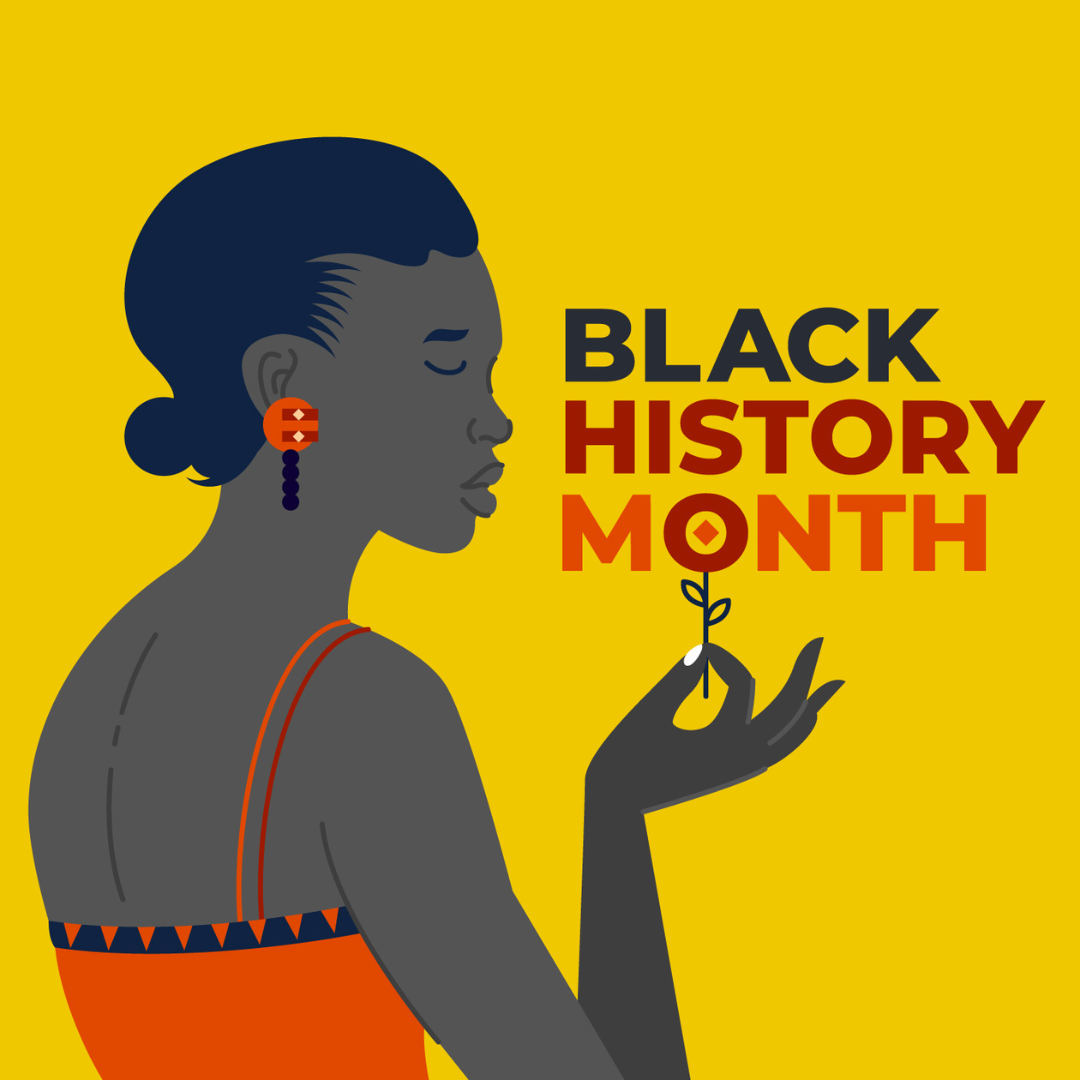Black History Month: A Time for Reflection and Celebration
By: Elizabeth Belfast, BIPOC Advocate
Every year as February rolls around, the air in New York City becomes charged with the vibrant energy of Black History Month. It's a time to celebrate the rich tapestry of African American history and honor the achievements and contributions of Black individuals throughout the years.
At SmartSitting, we understand that while many parents want to create an environment of diversity and inclusion for their children, for many the conversation can seem difficult to approach. Like many challenging and complex topics, parents everywhere struggle to find the line between educating their children about history without potentially instilling a sense of fear or shame in their still developing minds.
Today, we'll explore ways to engage in open and constructive conversations about racism with children while still promoting empathy, understanding, and respect.
When should I start teaching my child about racism?
There is no “correct” age to begin this discussion with your children. For many the time often comes when a child approaches their “grown up” with a question that might catch their adult off guard. Regardless of what age the conversation is first approached during, you can lean on age-appropriate terminology that is easy for them to grasp. For younger children, consider introducing the concepts of fairness and kindness, emphasizing that everyone deserves to be treated with respect.
How will my child react to learning about discrimination?
Children are naturally curious, and just like they have questions about why cars honk or how birds fly, they will likely have questions about race and racism. Listen to their thoughts and feelings, and provide honest but not overly complex answers. You know your child better than anyone else. Don’t lie to them, but you should always be aware of their emotional capacity as well. The last thing you want to do is confuse or frighten them in a way that would sway them away from further discussion of these important topics.
Do you recommend any books to start?
Storytelling is a great tool to help children connect with others' experiences through characters their own age. Today there are hundreds of age-appropriate books, movies, and activities that feature diverse characters and highlight the importance of embracing each other’s differences. For toddlers and younger children books like Anti-racist Baby by Ibram X. Kendi and A is for Activist by Innosanto Nagara have been widely celebrated for older children or those of you with little ones with the patience to sit through chapter books, since the 1980’s the American Girl franchise has released multiple Historical Dolls with accompanying book series’ to help explain what various historical periods were like through the eyes of a child. The dolls come from various racial and economic backgrounds and these books allow children to digest difficult topics from a more familiar point of view.
I read them myself as a little girl and will forever be grateful to the authors of these books for refusing to shy away from the reality of events as they happened while still retelling the events in a way that never felt frightening or graphic.
How do we continue to encourage an open mind once the conversation is over?
Children often learn by observing the behaviors of those around them. Demonstrate inclusivity in your own life and interactions. Celebrate diversity within your community, and showcase the importance of treating everyone with kindness and respect. Encourage your child to learn about different cultures and traditions. Cook different foods, attend cultural events, museums, and activities that celebrate diversity. By exposing them to various perspectives, you lay the foundation for a more inclusive mindset.
As caregivers, educators, and mentors, we play a crucial role in shaping the next generation's attitudes towards race and diversity. By engaging in open and age-appropriate conversations about racism, we can instill in children the values of empathy, understanding, and inclusion. As Black History Month comes to an end let us continue to keep learning, growing, and celebrating, as we work together to create an equal and united future for all.

